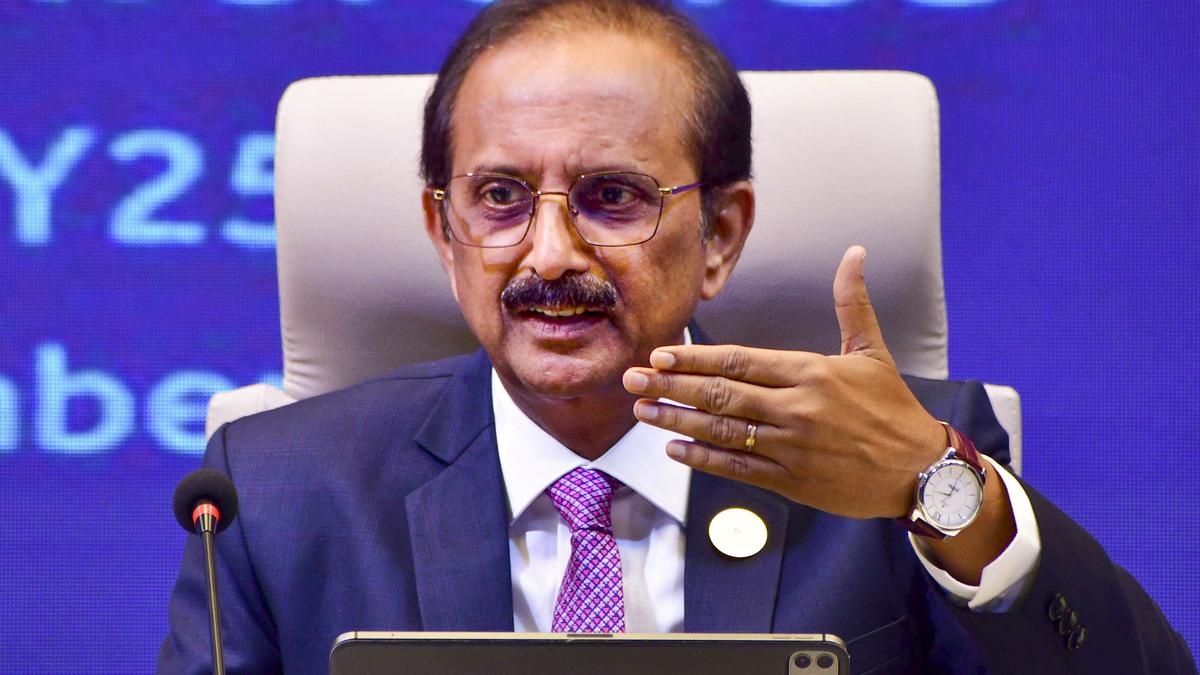SBI Chief Calls for Green Light: Indian Banks to Finance M&A Deals

Indian Banks Poised to Fuel M&A Growth – SBI Chairman Advocates for Regulatory Change
At the recent FIBAC event in Mumbai, State Bank of India (SBI) Chairman CS Setty made a compelling case for allowing Indian banks to directly finance merger and acquisition (M&A) deals. His call comes as the domestic M&A landscape experiences a significant surge in activity, presenting a prime opportunity for Indian financial institutions to play a more active role.
The Growing M&A Market: A Need for Local Funding
India's M&A market has been steadily gaining momentum, driven by factors like economic recovery, strategic realignment of businesses, and increasing investor confidence. While foreign banks and investment firms have traditionally been key players in financing these deals, Mr. Setty argued that restricting Indian banks from participating limits their potential contribution to the nation's economic growth. He emphasized the increasing deal volume and the need for readily available, locally-sourced funding to support this growth trajectory.
Current Restrictions and Their Impact
Currently, Indian banking regulations place limitations on banks' direct involvement in financing M&A transactions. This restriction often forces companies to rely heavily on foreign entities, potentially impacting deal costs and structuring. Setty's suggestion aims to level the playing field and empower Indian banks to offer competitive financing solutions.
Benefits of Allowing Indian Bank Financing
- Increased Competition: Indian banks entering the M&A financing space would foster greater competition, potentially leading to more favorable terms for companies seeking funding.
- Local Expertise: Indian banks possess a deep understanding of the domestic market, regulatory environment, and business practices, allowing them to provide tailored financing solutions.
- Economic Growth: Facilitating M&A activity through local financing can stimulate economic growth by encouraging consolidation, innovation, and efficiency within industries.
- Reduced Reliance on Foreign Funding: Diversifying funding sources reduces dependence on foreign capital and strengthens the resilience of the Indian economy.
Regulatory Considerations and Future Outlook
Mr. Setty acknowledged that any regulatory changes would need to be carefully considered to ensure financial stability and mitigate potential risks. He suggested a phased approach, potentially starting with pilot programs or specific types of M&A deals. The proposal has sparked considerable discussion within the financial community, with many agreeing that it warrants serious consideration by the Reserve Bank of India (RBI).
The SBI Chairman's call for regulatory reform highlights the evolving needs of the Indian M&A market and the potential for Indian banks to play a more significant role in shaping its future. The coming months will likely see further debate and analysis as policymakers weigh the potential benefits and risks of allowing Indian banks to finance these increasingly important transactions.





